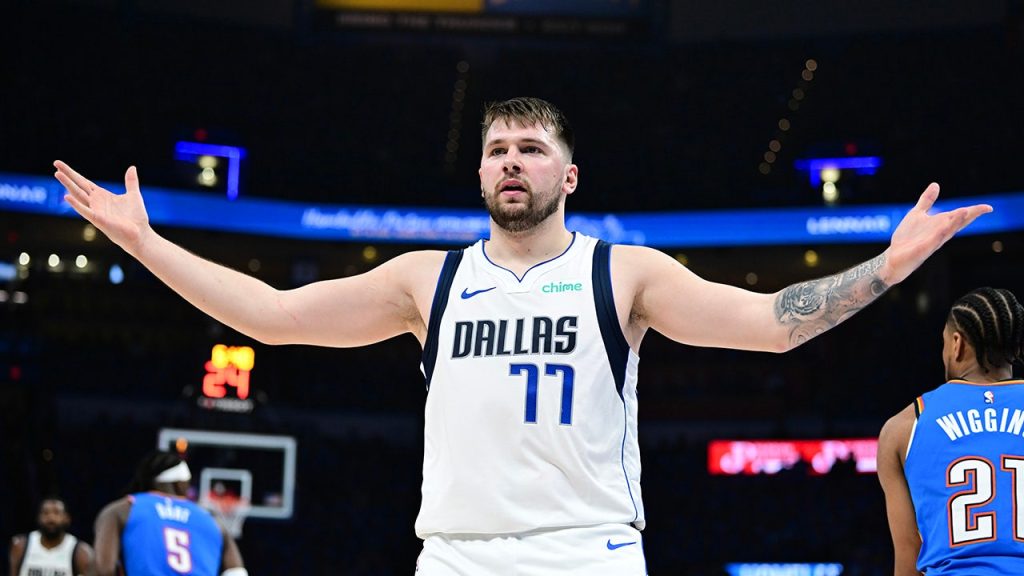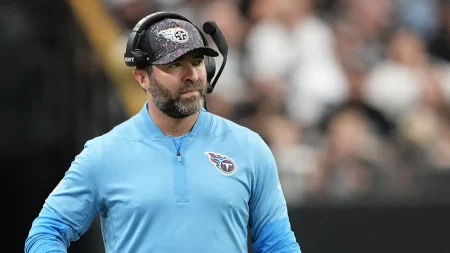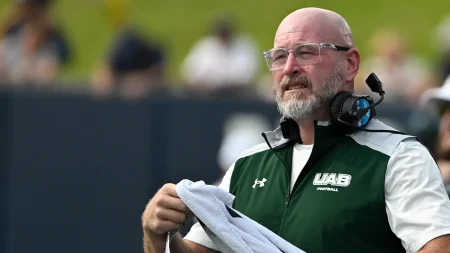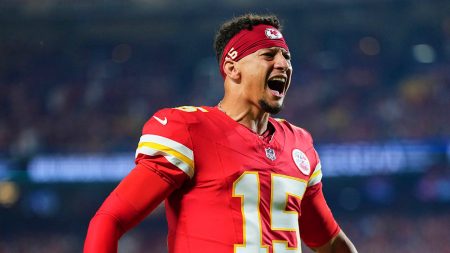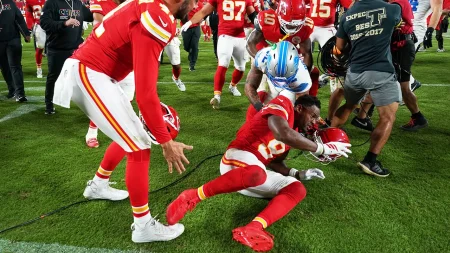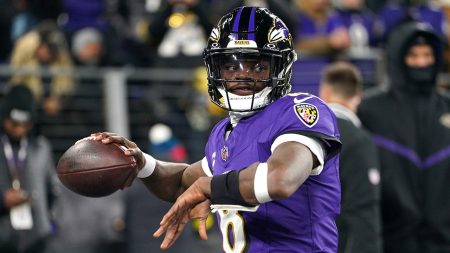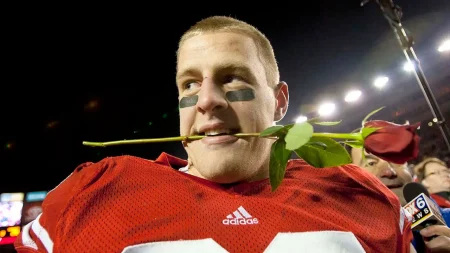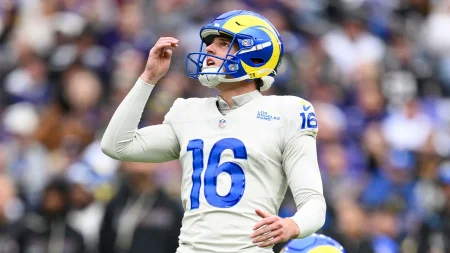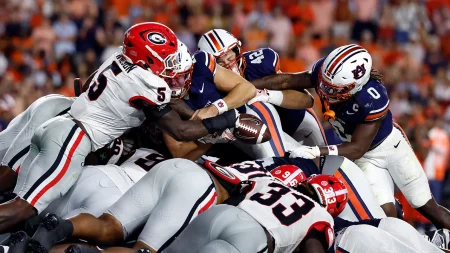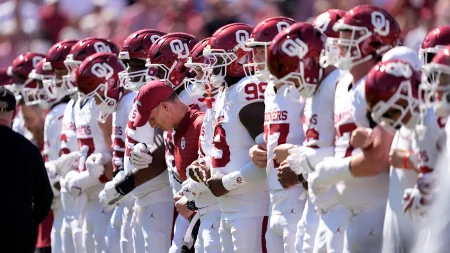The Dallas Mavericks executed a seismic trade that sent shockwaves through the NBA, dealing their franchise cornerstone, Luka Dončić, to the Los Angeles Lakers. This move, unprecedented in its suddenness and magnitude, involved a 25-year-old perennial MVP candidate with no prior rumors of his departure. The Mavericks’ justification for this dramatic shift centered on two primary concerns: defensive vulnerabilities and looming contractual complexities.
General Manager Nico Harrison, addressing the stunned fanbase, acknowledged the initial shock but emphasized the trade’s strategic alignment with the Mavericks’ pursuit of both immediate and long-term success. He highlighted the acquisition of Anthony Davis, a defensive stalwart, as a key element in strengthening the team’s weaknesses on that end of the court. While acknowledging Dončić’s immense offensive talent, Harrison underscored the necessity of prioritizing the team’s overall objectives, even if it meant parting with a generational player.
Beyond the defensive considerations, Dončić’s impending contract negotiations loomed large. His existing $207 million extension was expiring, paving the way for a potential supermax contract exceeding $340 million. Furthermore, the prospect of Dončić opting out of any future deal added another layer of uncertainty for the Mavericks. Harrison sought to preempt a potentially turbulent offseason by securing a deal that provided both immediate roster improvements and long-term financial stability. The looming threat of other teams vying for Dončić’s signature once he became a free agent further fueled the Mavericks’ decision to act proactively.
The trade’s details revealed a complex exchange of players and draft picks. The Lakers received Dončić, Maxi Kleber, and Markieff Morris, while the Mavericks acquired Anthony Davis, Max Christie, and the Lakers’ 2029 first-round pick. The Utah Jazz also became involved, acquiring Jalen Hood-Schifino and two second-round picks as part of the broader transaction. This intricate arrangement reflects the intricate negotiations required to balance the interests of multiple teams while addressing the Mavericks’ core concerns.
Dončić’s departure marks the end of an era in Dallas. He leaves behind a legacy of dazzling offensive performances, leading the NBA in scoring with 33.4 points per game last season. His career averages of 28.6 points, 8.7 rebounds, and 8.3 assists solidify his position as one of the league’s premier talents. While his time in Dallas ended abruptly, his impact on the franchise and the league as a whole is undeniable.
In exchange for their offensive centerpiece, the Mavericks gained Anthony Davis, a dominant force on the defensive end. Davis, a fourth-place finisher in the Defensive Player of the Year voting last year, brings a formidable presence to the paint. His current season averages of over 25 points and 12 rebounds demonstrate his offensive prowess as well, suggesting that the Mavericks aimed to acquire a player who could contribute on both ends of the court. While Davis’ injury history remains a concern, his potential to transform the Mavericks’ defense and provide a significant offensive contribution makes him a valuable acquisition. The trade represents a significant gamble for both the Lakers and the Mavericks, reshaping the landscape of the Western Conference and potentially the entire NBA. Only time will tell whether this bold move will ultimately benefit the Mavericks or leave them regretting the loss of a generational talent.
The ramifications of this trade extend far beyond Dallas and Los Angeles. The ripple effects will be felt throughout the league as teams adjust their strategies in response to this dramatic shift in the power balance. The Lakers, with the addition of Dončić, instantly become championship contenders, while the Mavericks embark on a new era focused on defensive solidity and long-term stability. This trade serves as a reminder of the ever-shifting dynamics of the NBA, where even the most established stars can find themselves unexpectedly traded in pursuit of team-building goals and financial considerations.





